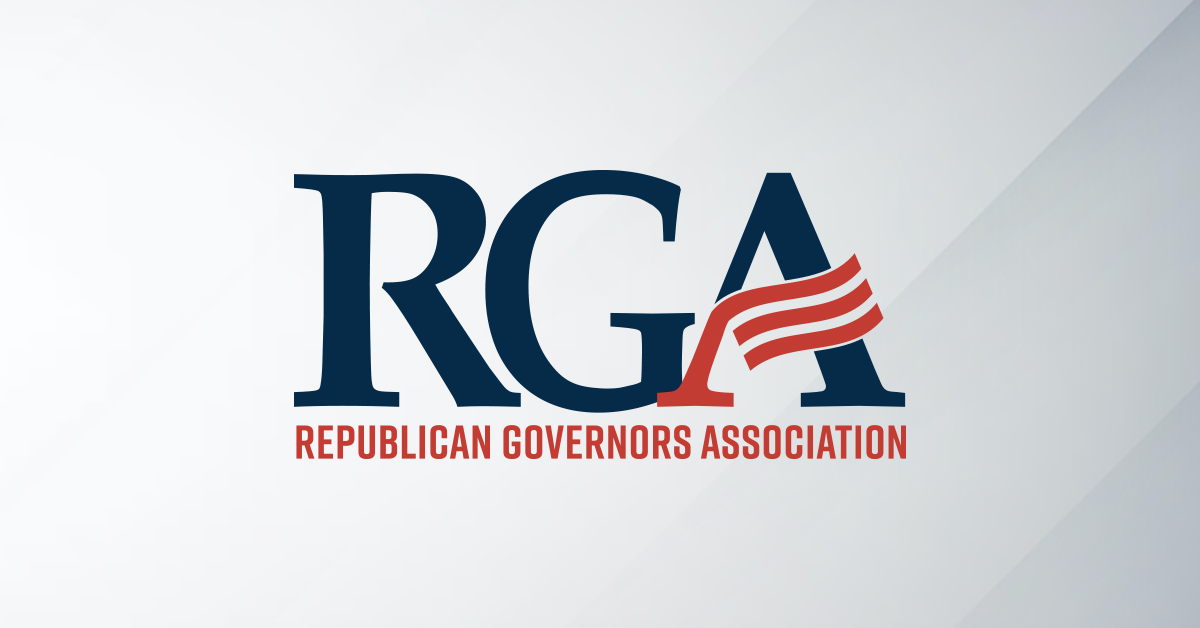Passage of federal healthcare legislation in its current form would have a catastrophic impact on state budgets, says Mississippi Governor Haley Barbour, chairman of the Republican Governors Association.
On Thursday, Governor Barbour and four former governors who are now
United States Senators told reporters that states cannot absorb costs of
the proposed Medicaid expansion.
“It is already clear that the states cannot afford any new Medicaid
costs. It is increasingly obvious that the Senate Leadership must not
know how the proposed changes will affect the states. The Senate should
abandon its current approach to Medicaid and find common ground,”
Governor Barbour said in a statement released on Friday.
Under the health legislation currently under consideration, Congress is
counting on putting 15 million-20 million more people into the Medicaid
program albeit with promises of enhanced federal funding. Fresh evidence
from the National Association of State Budget Directors (NASBO)
demonstrates that states are in no position to accept any increased
costs of expanding Medicaid.
“Such unfunded mandates would necessarily cause states to raise taxes
or cut vital services like education and law enforcement – more than we
already have. Mandating a one-size-fits-all solution for states and
expanding a broken Medicaid system – without reform – is poor policy,”
Governor Barbour said.
The Fiscal Survey of States: December 2009 shows that the budget
situation faced by states truly is unprecedented. States cannot afford
their current share of the Medicaid program but both the House and
Senate bills prevent states from lowering current Medicaid eligibility.
Giving Medicaid preferential treatment forces states to make reductions
in other program areas.
The Fiscal Survey shows that in the 2010 budgets:
● 31 states cut personnel
● 30 states cut K-12 Education
● 30 states cut Higher Education
● 29 states cut Corrections
● 28 states cut Medicaid
● 25 states cut Transportation
● 22 states cut Public Assistance
And, under the proposed Senate legislation, Mississippi would have to
find some $200 million a year to support the expansion of Medicaid.
Other states, such as Indiana, have predicted full implementation of an
expanded Medicaid population in ten years would cost Hoosiers an
additional $1 billion a year. Nebraska predicts the cost of expansion
will be greater than $450 million over a 10-year period, while Texas
will be saddled with an additional$18.5 billion to $24.5 billion over
that same time period.
In order to pay for a massive health care bill – the portion not passed
along to the states – Majority Leader Harry Reid creates a host of new
federal taxes totaling $370.2 billion in the next 10 years, and many of
the taxes will start being collected in 2010 even as the economy
continues to struggle.
Among the various new taxes in the Reid bill, is a $6.7 billion
“fee” on insurers. In reality, this fee is structured as an
insurance premium tax that will be passed directly on to consumers. If
enacted, it would add an average 1.5 percent to the cost of the health
insurance policies currently purchased by over 65 American, starting in
2010. The Senate health insurance premium tax would impose new costs on
Americans who already have coverage while deferring for years the even
larger amounts that Congress proposes to spend subsidizing those without
coverage.
Further, Senator Reid’s bill includes $118.1 billion in cuts to the
Medicare Advantage program while limiting senior citizens’ choices to
spend their own money to ensure access to lifesaving care.
Americans understand this bill would be bad for the United States. In
Nebraska, 67 percent oppose President Obama’s plan to increase the
role of the federal government in health care and increase the cost of
the deficit. When asked if you would advise your Member of Congress to
support this currently proposed health care bill, 56 percent of Nevadans
and 57 percent of Coloradoans would ask their Member of Congress to vote
against the bill.
American citizens and Republicans are not alone. Democrats such as
Senator Claire McCaskill (D-MO), Senator Russ Feingold (D-WI), Senator
Jim Webb (D-VA) and Senator Bill Nelson (D-FL) have voiced concerns on
the record with this bill as well as Governors Dave Freudenthal (D-WY),
Governor Brian Schweitzer (D-MT), Governor Ed Rendell (D-PA), and
Governor Phil Bredesen (D-TN).
“We don’t need to centralize control in D.C. in order to improve
American health care cost and quality. Simple, no-nonsense solutions
exist to the problems in health care today, such as state -designed
insurance exchanges, which reflect the particular needs and political
culture that prevails in each state, state-based health insurance market
reforms, and more transparency of price and provider performance. The
more appropriate role of the federal government would be tax reform to
stop punishing individuals who have no choice but to buy health
insurance in the private market, and who today cannot get tax relief,”
Governor Barbour said.
“I urge Senators not to vote with President Obama and their so-called
quest to make history, but rather to vote for their states and
taxpayers. Above all, any healthcare reform should result in more
affordable and better quality healthcare,” Governor Barbour said.





See the latest videos from RGA
Watch our videosNew Jersey needs real change.
On property taxes.
On energy costs.
On education.
@Jack4NJ is ready to lead.
https://x.com/GOPGovs/status/1932596932461146221/video/1
In Congress, @SpanbergerForVA stood against commonsense border security.
Spanberger puts protecting criminal illegal immigrants over Virginia families.
https://x.com/GOPGovs/status/1936057339263803566/video/1
Follow RGA on Twitter
Follow RGA on Facebook